Navigating the Impact
Trauma is a profound and deeply personal experience that can leave lasting impacts on an individual’s life, especially when it comes to relationships. Whether the trauma is from a distressing event, unresolved childhood issues, or ongoing stressors, its effects can be far-reaching, affecting how we connect with others on an emotional and intimate level.
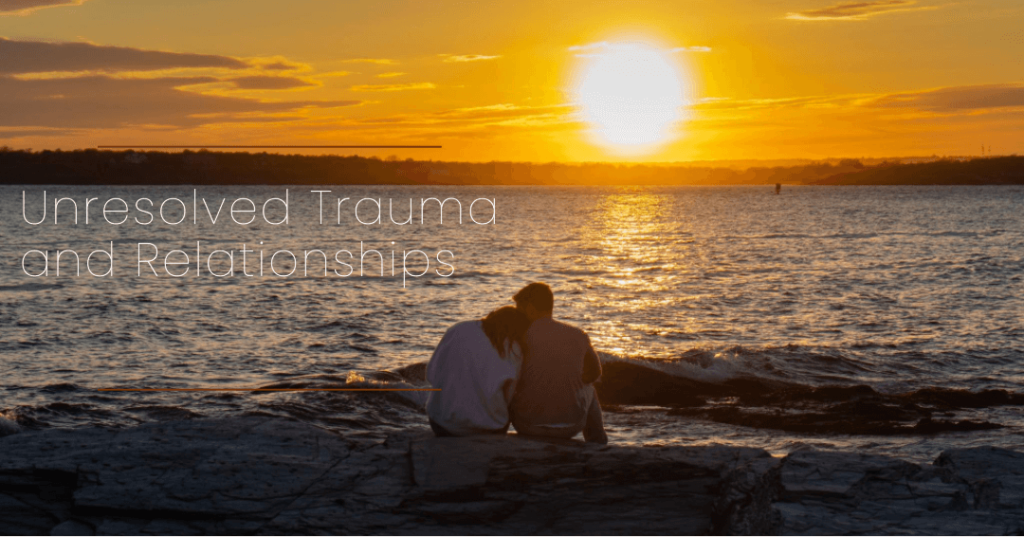
When it comes to relationships, unresolved trauma can manifest in various ways. People who have experienced trauma may find it challenging to form healthy and trusting romantic connections. Past abuse or violence can leave them feeling fearful and unable to fully trust their partners, making it difficult to open up and be vulnerable in a relationship.
The Lingering Impact of Trauma on Adult Connections
Trust issues and emotional baggage from the past can cast shadows on the present, leading to communication challenges and even trauma bonding in relationships.
It’s important to remember that trauma doesn’t discriminate; it can happen to anyone, regardless of their background or experiences. Understanding and addressing trauma-related issues in relationships are vital steps toward fostering a healthy and supportive bond with your partner.
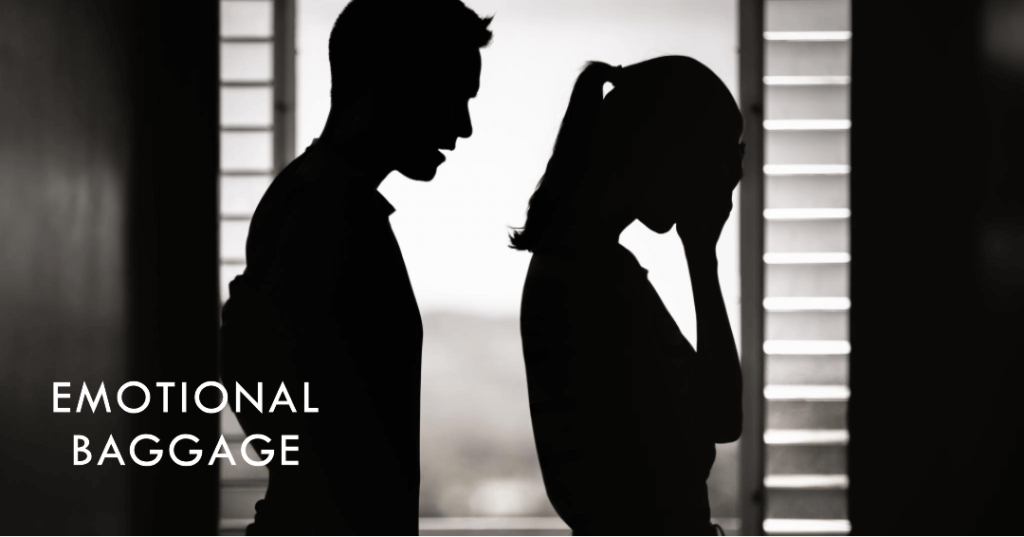
One significant aspect of healing unresolved trauma in relationships is seeking professional help. Therapy and counseling offer a safe space to work through past traumatic experiences, gaining insight into the event’s impact and learning coping mechanisms to move forward.
Therapy can also help individuals understand that the trauma was not their fault, and they are not defined by their past experiences. Through this process, they can develop resilience and rebuild trust in themselves and their partners.
Build Emotional Safety
Support from loved ones is crucial for someone dealing with unresolved trauma. Witnessing and supporting a partner’s healing journey can be an act of love and compassion, but it’s essential to remember that you are not a therapist. Encouraging your partner to seek professional help and being patient and understanding throughout the process is vital.
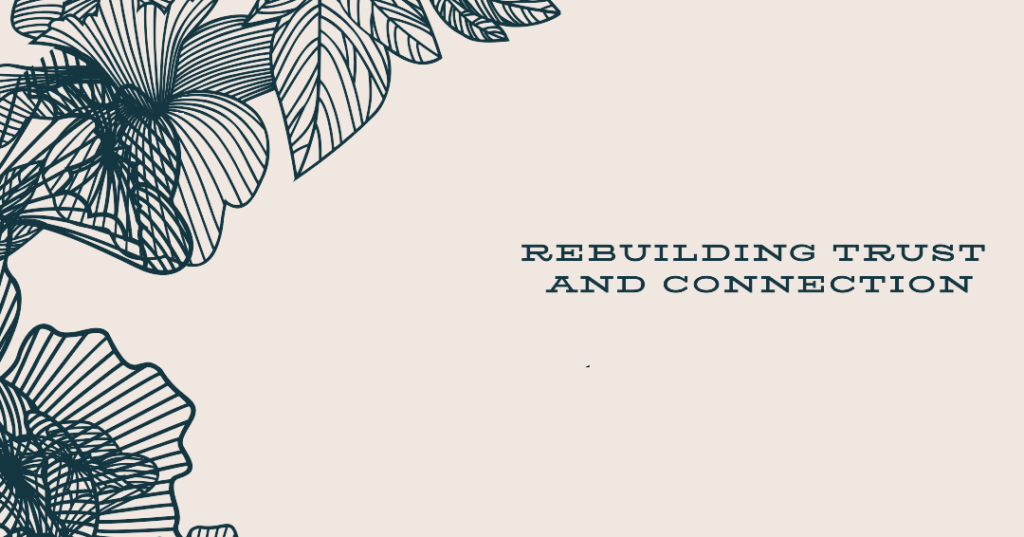
Childhood trauma, in particular, can leave a profound mark on adult relationships. The effects of abuse and neglect can carry over into adulthood, leading to attachment issues and difficulty in forming healthy connections. However, acknowledging and addressing these issues can pave the way for healing and growth.
Intimate relationships can serve as a powerful source of healing for trauma survivors. By expressing vulnerability and building emotional safety together, partners can create an environment of trust and understanding. Setting healthy boundaries and being mindful of emotional triggers can help navigate potential challenges and create a strong foundation for the relationship to flourish.
PTSD & Codependency: Navigating the Challenges
Codependency is another aspect to be aware of in trauma-affected relationships. It can stem from a desire to rescue or fix the partner, but it’s essential to recognize that you cannot “fix” someone’s trauma. Encouraging personal growth and supporting their journey is more effective in the long run.
PTSD (Post-Traumatic Stress Disorder) is a common consequence of trauma, and it can significantly impact partnerships. Flashbacks, nightmares, and emotional detachment can strain the relationship, but with patience and understanding, couples can find ways to cope together and strengthen their bond.
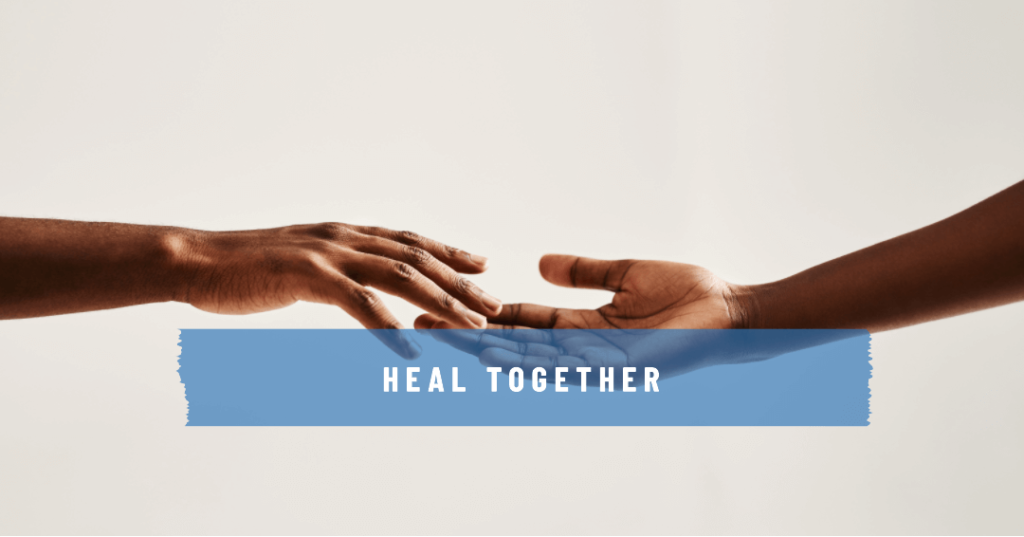
Sometimes, seeking relationship counseling specifically tailored to trauma survivors can be immensely helpful. Trained professionals can guide couples through the healing process, offer strategies for rebuilding intimacy, and navigate communication challenges.
Conclusion
Unresolved trauma can have a profound impact on relationships, but it doesn’t have to define them. With professional support, understanding, and a willingness to work together, individuals and couples can overcome trauma’s effects and build strong, healthy, and loving connections. Healing from trauma takes time and patience, but the rewards of a resilient and thriving relationship are well worth the effort. Remember, you are not alone in this journey, and support is available to help you heal and find peace in your relationships.
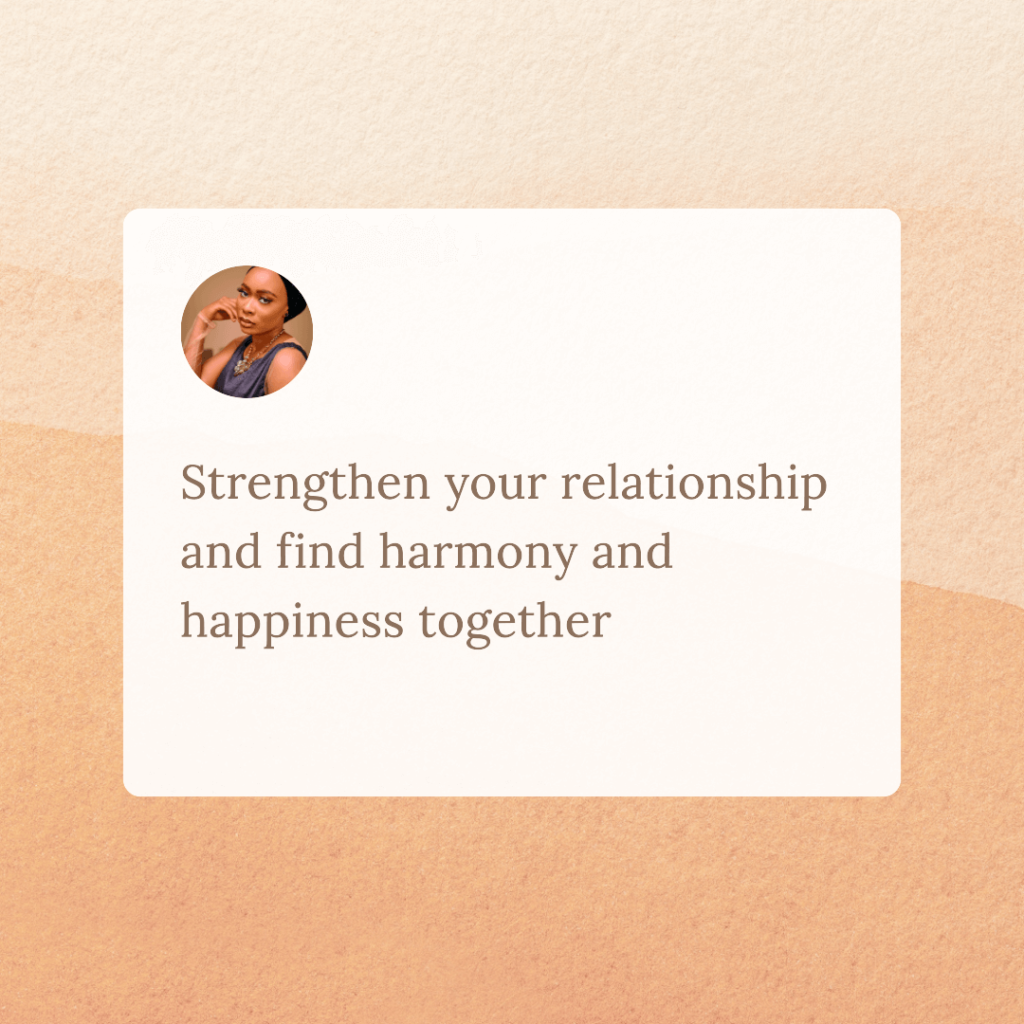
I want to extend a heartfelt thank you for taking the time to read this blog post. I hope it was informative, insightful, and most importantly, useful to you. Mental health is an important topic that affects us all, and I’m grateful for the opportunity to share my thoughts with you.
If you have any thoughts or comments, I encourage you to leave them in the comment box below. Your feedback is essential to me and helps me create content that is tailored to your needs.
If you found this post helpful, please subscribe to my newsletter for more resources and updates on mental health. You can also reach out to me via email if you have any questions or just want to chat. Remember, taking care of your mental health is important, and you are not alone.
Leave a Reply